Discover the rich history, stunning landscapes, and cultural diversity of the Khyber Pass, a legendary mountain pass that has witnessed centuries of travelers, trade, and intrigue.
Table of Contents
Introduction
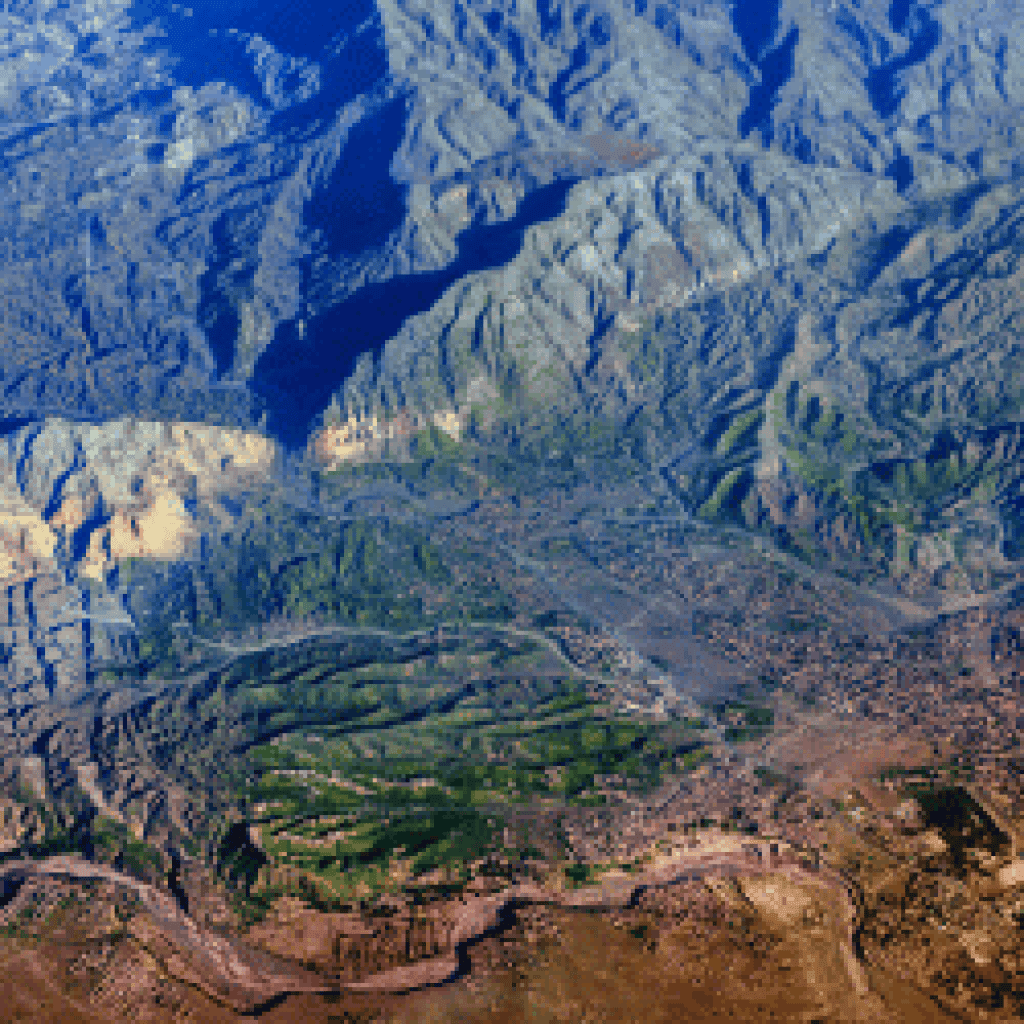
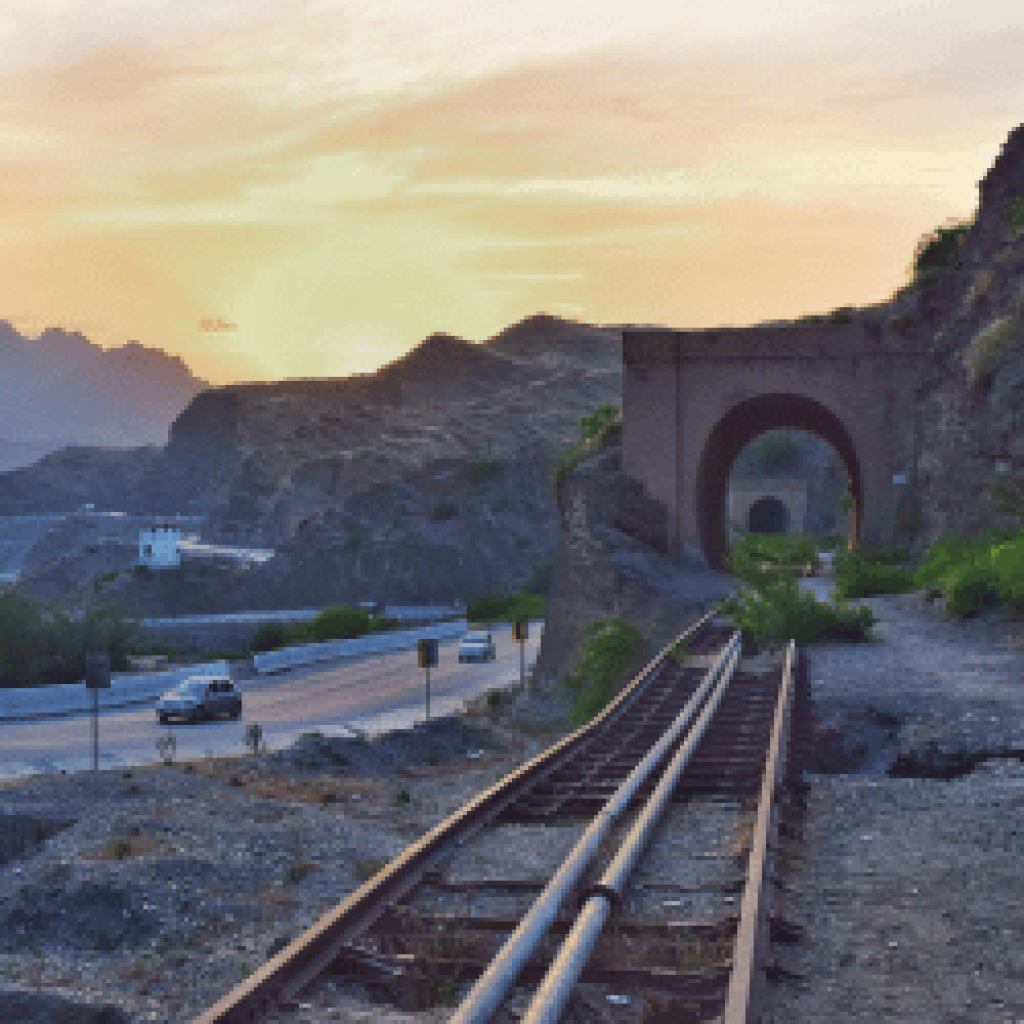
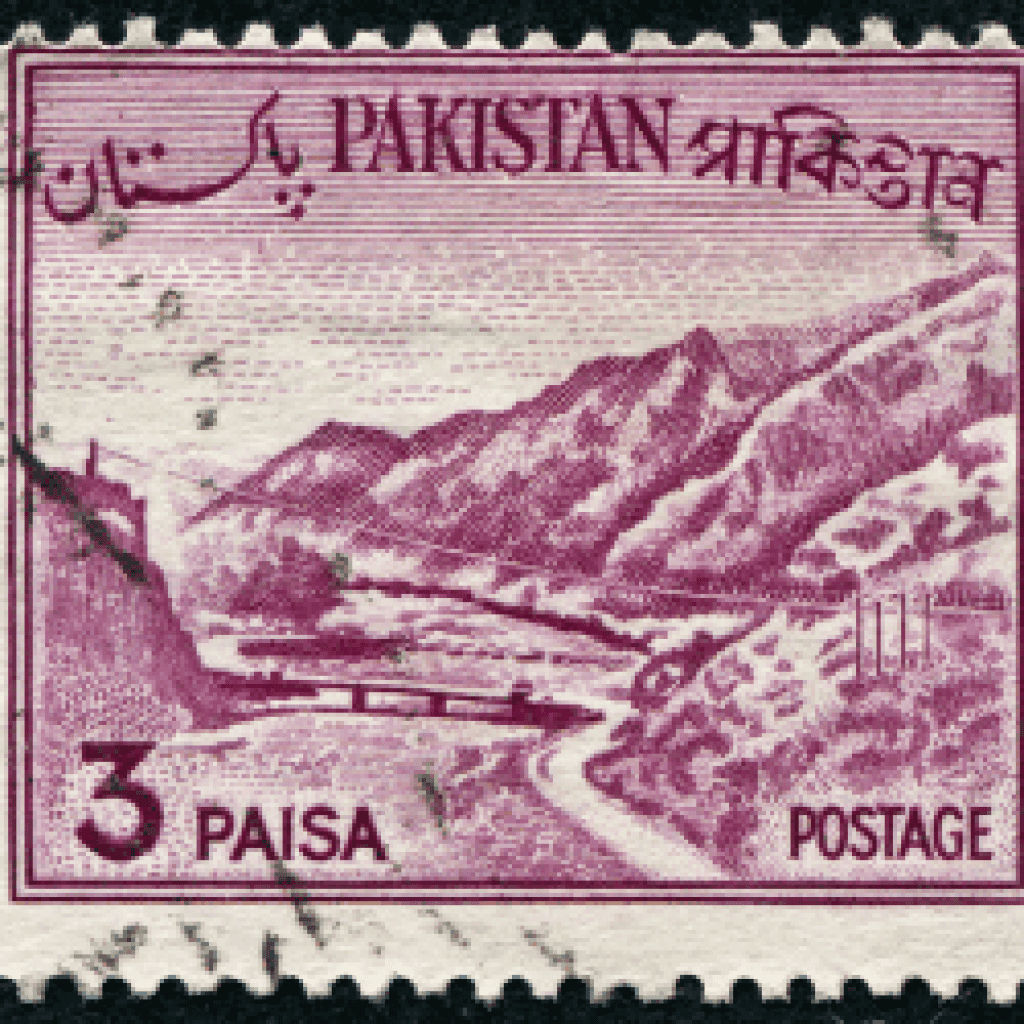
The Khyber Pass, a storied and legendary mountain pass in South Asia, stands as a testament to centuries of history, adventure, and the flow of civilizations. This blog will take you on a virtual journey through the Khyber Pass, exploring its historical significance, natural beauty, and cultural diversity, making it a must-visit destination for any traveler.
Unveiling the Khyber Pass
Nestled between Pakistan and Afghanistan, the Khyber Pass is a natural wonder, a historical crossroads, and a geographical marvel. It extends over 53 kilometers, connecting Peshawar in Pakistan with Jalalabad in Afghanistan, while cutting through the Spin Ghar mountain range. The Khyber Pass has been a vital trade route, a military pathway, and a corridor of cultural exchange for over two millennia.
Historical Significance
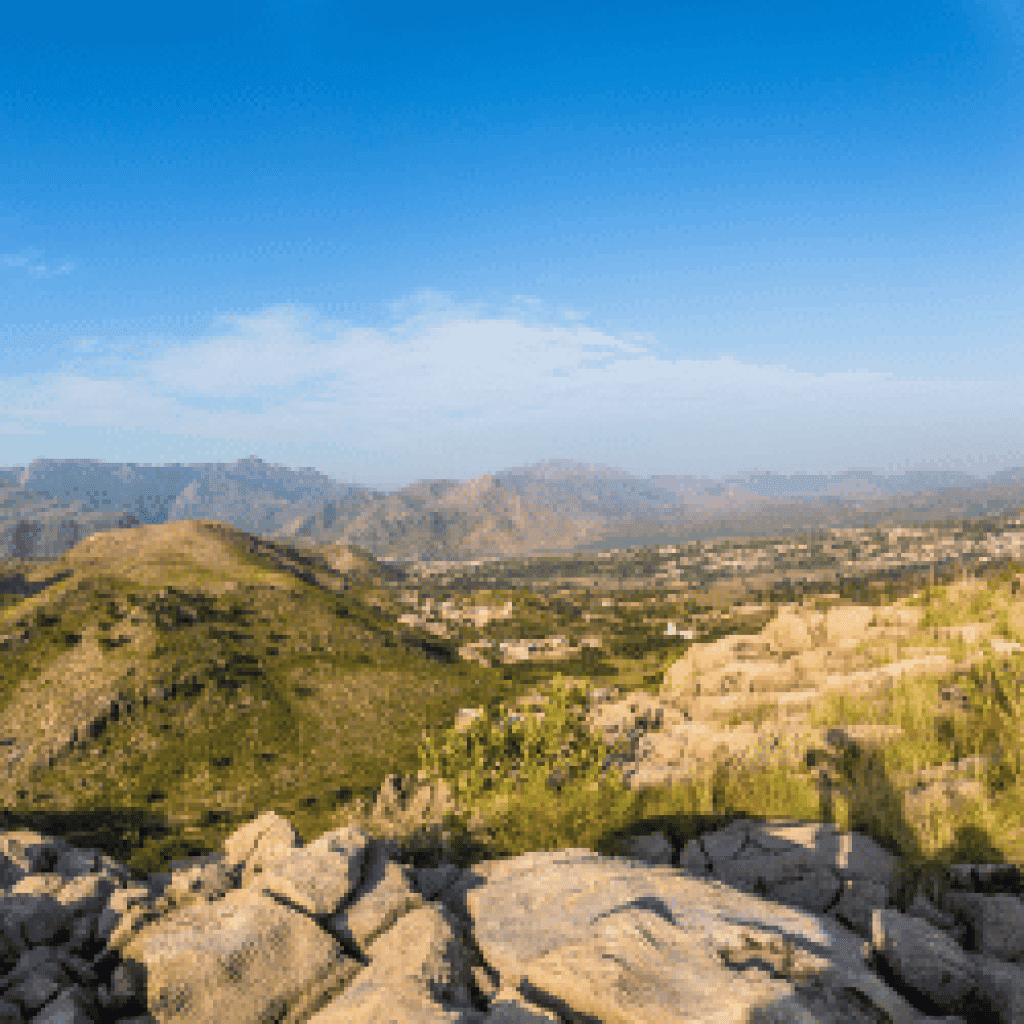
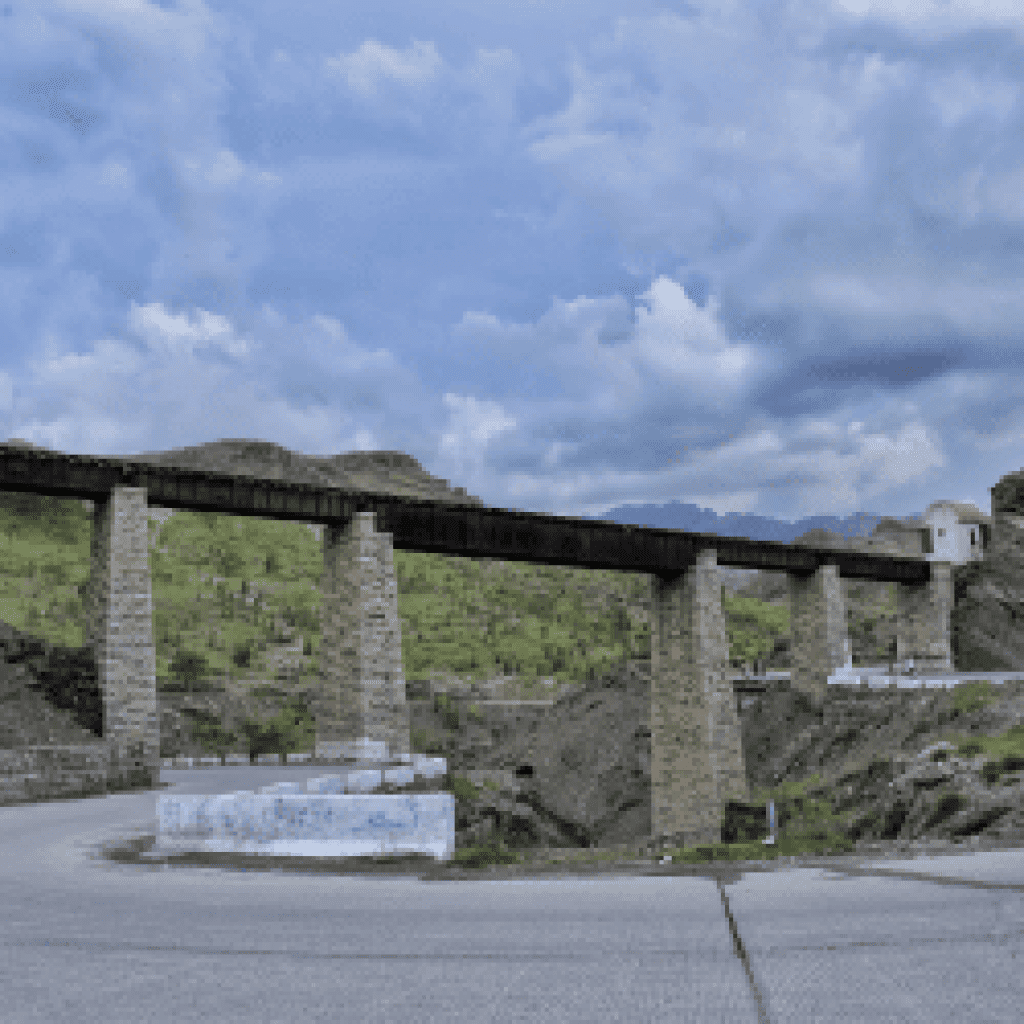
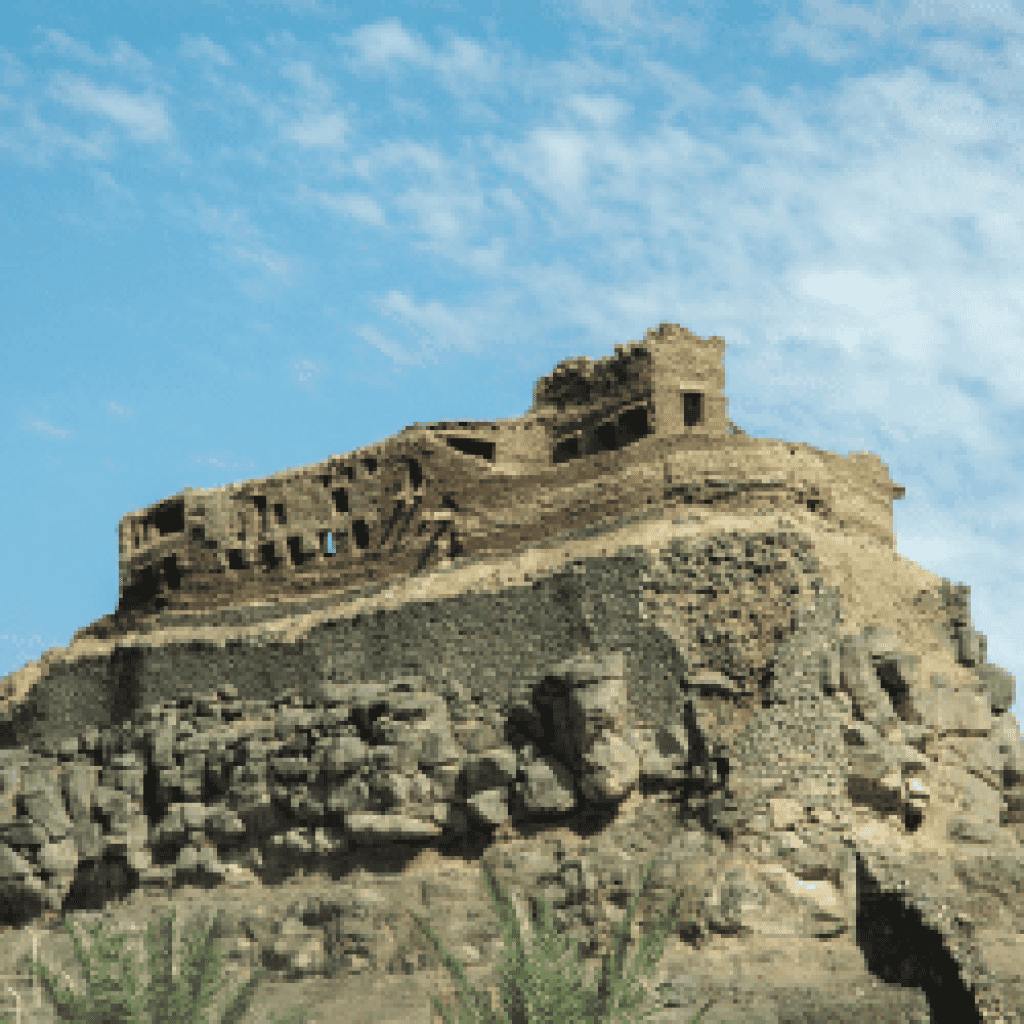
The Khyber Pass is steeped in history, with each pebble on the path echoing tales of empires, explorers, and conquerors. Here are some key historical highlights:
- Ancient Trade Route: The Khyber was part of the ancient Silk Road, facilitating the exchange of goods, ideas, and culture between Asia, the Middle East, and Europe.
- Conqueror’s Playground: Legendary conquerors like Alexander the Great, Genghis Khan, and Timur and in recent times British and Americans crossed the pass on their quests for dominance. The pass bore witness to countless battles and conquests.
- British Colonial Legacy: During the British colonial era, the Pass was a crucial part of the Great Game—a geopolitical struggle between the British Empire and Russia in Central Asia.
- Modern Conflicts: The Pass has also played a significant role in contemporary history, serving as a flashpoint in regional conflicts and the Afghan War. After 9/11 this pass was used as NATO’s main supply line for allied forces in Afghanistan and also used as withdrawal route for NATO forces in 2021.
Khyber District (formerly known as)Khyber Agency
Khyber Pass is part of the District of KPK, Pakistan. Key places to visit include:
- Jamrud Fort: A symbol of British colonial influence, it offers historical insights.
- Torkham Border: Witness the bustling border crossing into Afghanistan.
- Landi Kotal: Explore its vibrant bazaar and the famous Khyber Pass.
- Ali Masjid: A historic mosque with captivating architecture.
- Bara Market: Experience the vibrant local culture and traditional Pashtun bazaars.
- Tirah Valley: A picturesque valley with a unique cultural blend.
- Michni Post: A historic military outpost offering panoramic views.
Natural Beauty
The Khyber Pass is not just about its historical significance; it also offers breathtaking natural beauty. As you journey through the pass, you’ll be greeted by rugged mountains, deep valleys, and meandering streams. The stark, arid landscape is contrasted by the occasional green oasis, creating a visually striking experience.
Cultural Diversity
The Pass is not just a geographical pass but a corridor of cultural diversity. It is home to various ethnic groups, including the Pashtuns, who have inhabited the region for centuries. Along the pass, you’ll encounter traditional villages, bustling bazaars, and the warm hospitality of the locals. Capture the vibrant culture, colorful clothing, and daily life of the people in this region.
Visiting the Khyber Pass
If you’re considering a visit to the Khyber Pass, contact “Gypsy Traces & Tours“. Here are some tips to make your trip memorable and safe:
- Check Travel Advisories: Given the region’s historical and geopolitical significance, it’s essential to stay informed about the current situation and adhere to any travel advisories.
- Trained Licensed Guides: Consider hiring a trained guide who can provide insights into the history and culture of the area. They can also help you navigate the region safely.
- Respect Local Customs: When photographing the people and places in the Khyber Pass, always seek permission and respect local customs and privacy. It’s a great way to capture authentic moments and establish positive connections.
- Lodging and Accommodation: Accommodations in the region may vary, so it’s advisable to book in advance and be prepared for basic facilities.
- Travel Responsibly: Just as in any natural or culturally significant area, adhere to responsible travel practices. Leave no trace, dispose of waste properly, and respect the environment.
Conclusion
The Khyber Pass stands as a living testament to history, a geographical wonder, and a corridor of cultural diversity. It’s a place where the echoes of the past reverberate through time and the natural beauty mesmerizes all who venture through its winding path. Whether you’re a history enthusiast, an adventure seeker, or a cultural explorer, the Khyber Pass offers a rich tapestry of experiences and is a destination you won’t soon forget. So, pack your camera, embrace the adventure, and immerse yourself in the stories and scenery of this legendary mountain pass.
The author visited the Khyber Pass on 1st October 2023 to validate the above claims.


0 Comment